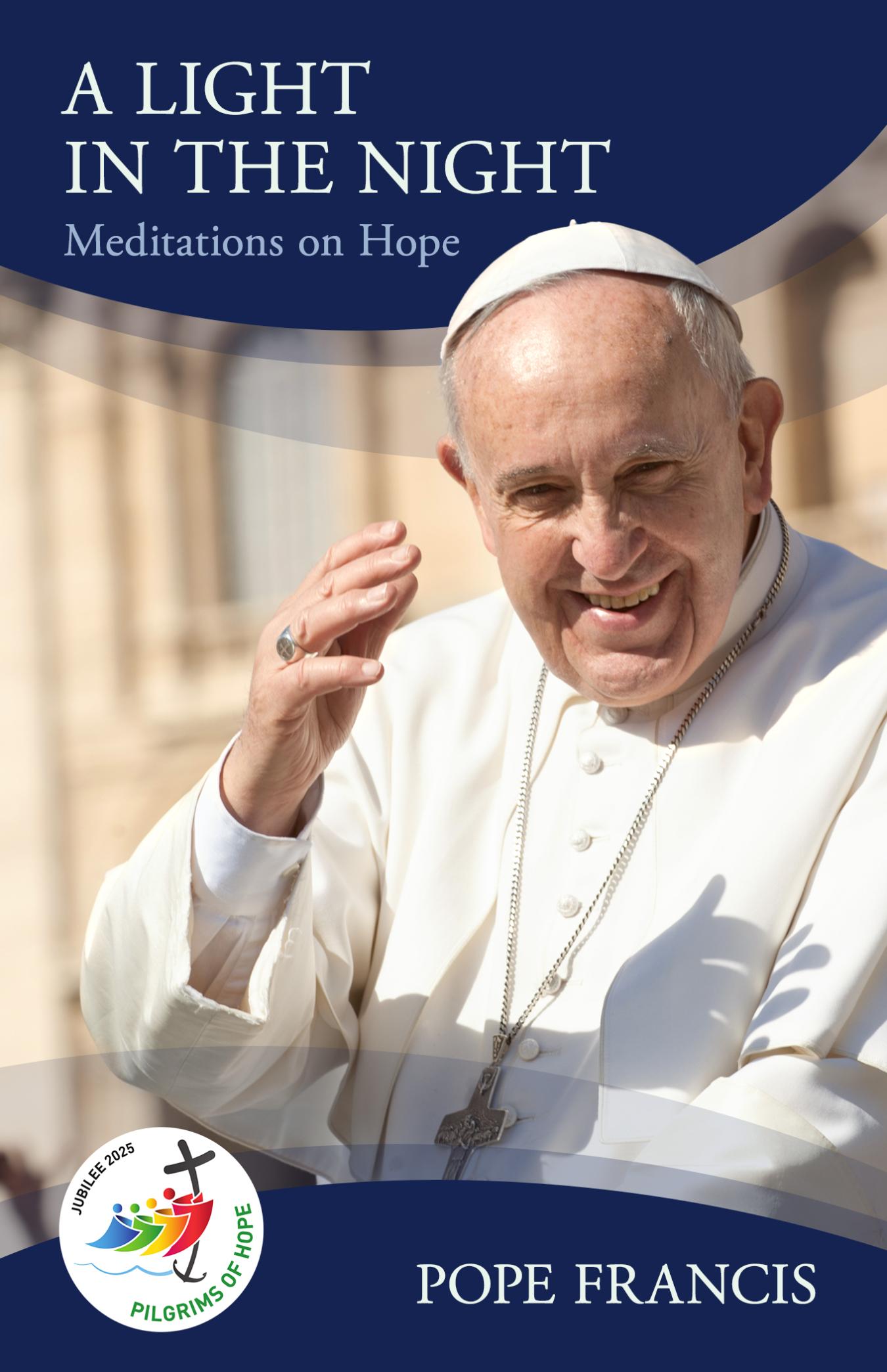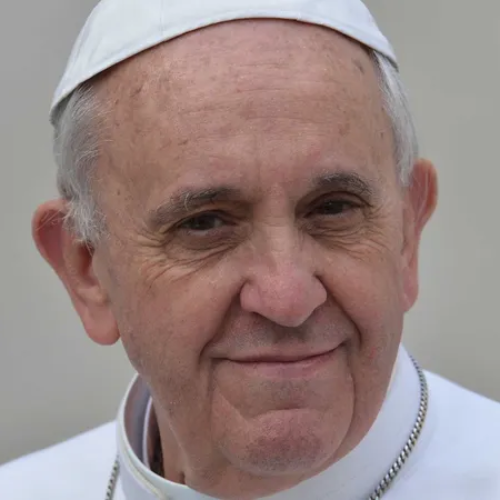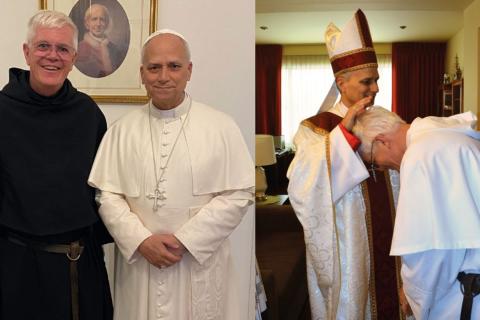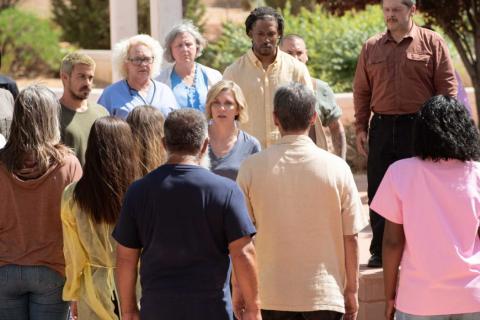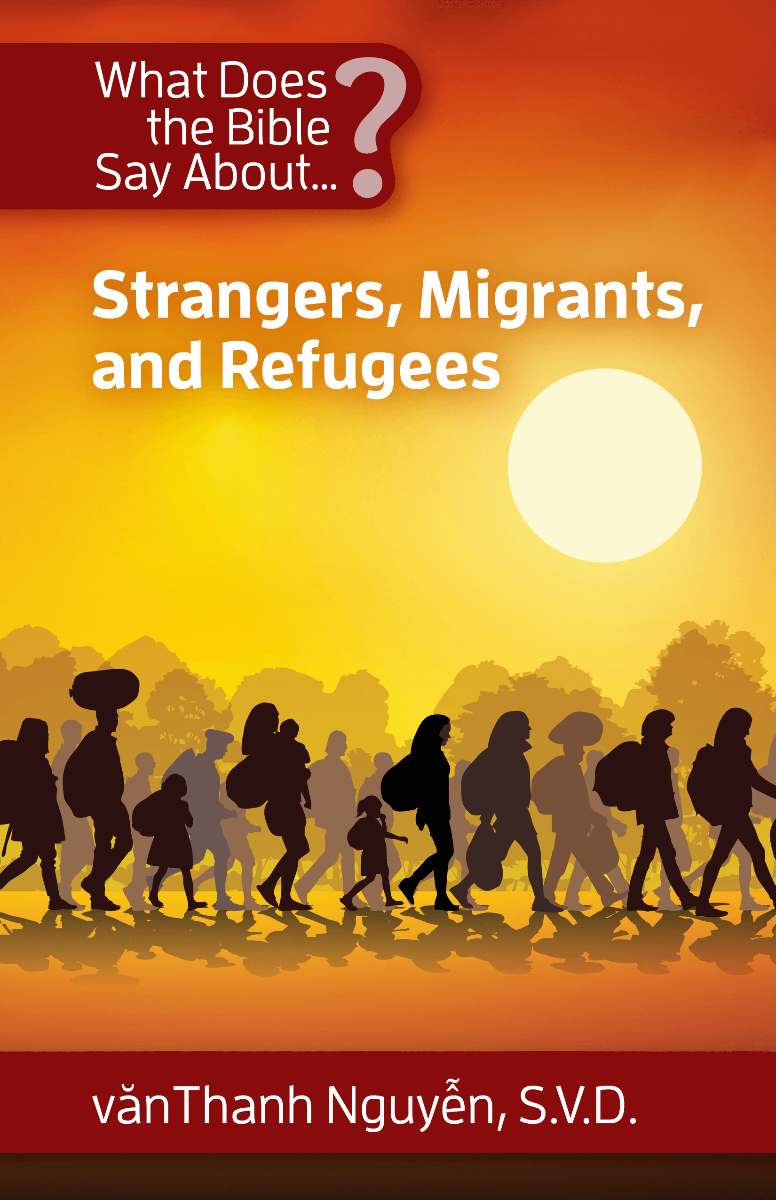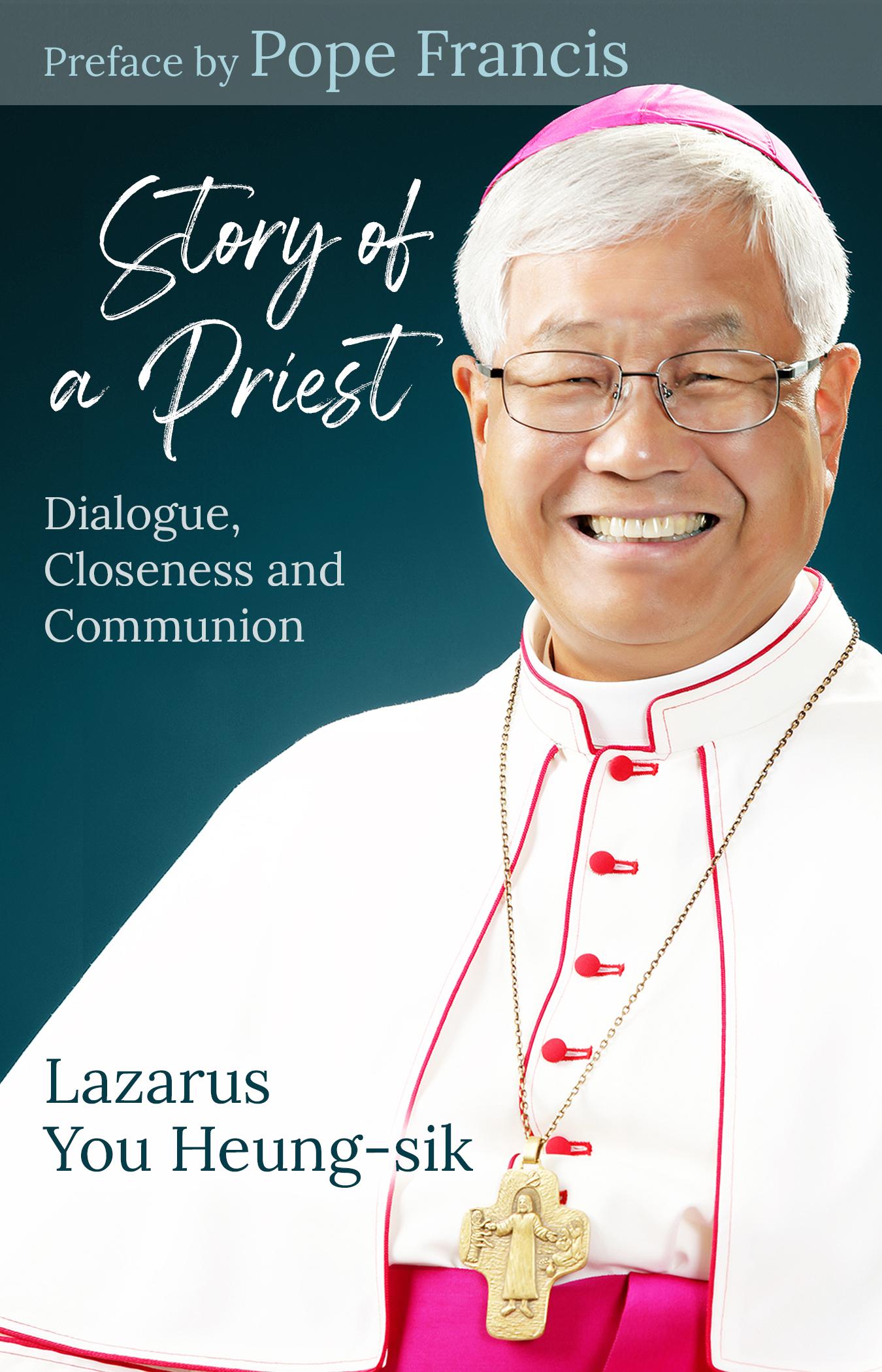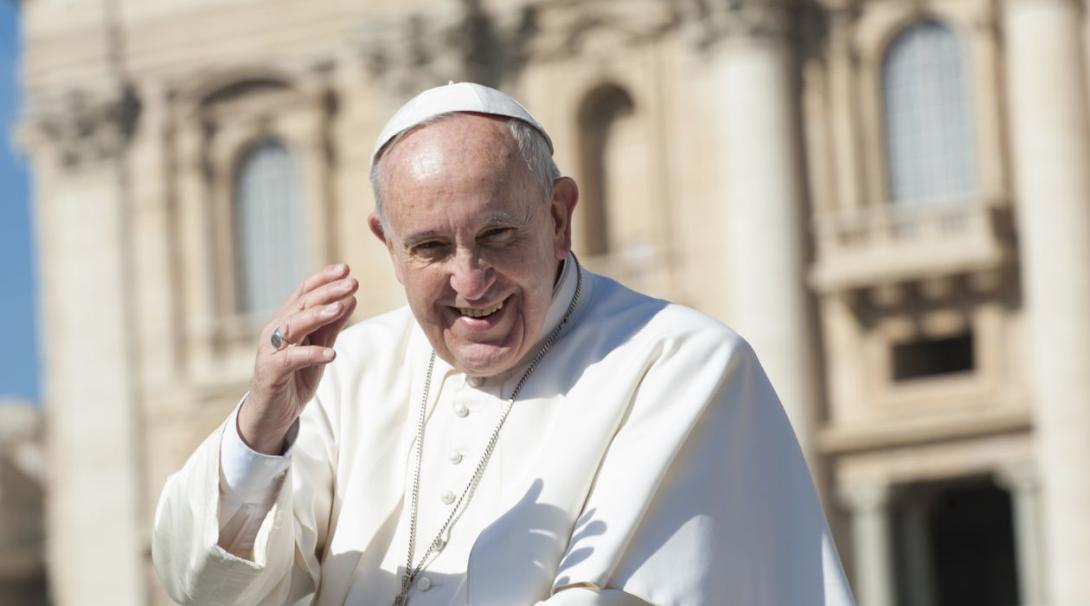
The Jubilee of 2025, a holy year that I wanted to be dedicated to the theme “Pilgrims of Hope,” is a propitious occasion to reflect on this fundamental and decisive Christian virtue, especially in times like the ones we are living, in which the piecemeal third world war that is unfolding before our eyes can lead us to adopt attitudes of dark despair and poorly concealed cynicism.
Hope, on the other hand, is a gift and a task for every Christian. It is a gift because it is God who offers it to us. To hope, in fact, is not a mere act of optimism, like when we sometimes hope to pass a college exam (“Let’s hope we can do it.”) or when we hope for good weather for a trip out of town on a Sunday in spring (“Let’s hope the weather is good.”). No. To hope is to wait for something that has already been given to us: salvation in the eternal and infinite love of God, that love, that salvation, that gives flavor to our life and that constitutes the cornerstone on which the world remains standing, despite all the wickedness and evil caused by our sins as men and women. To hope, therefore, is to welcome this gift that God offers us every day. To hope is to savor the wonder of being loved, sought, and desired by a God who did not hide in his impenetrable skies but became flesh and blood, history and days, to share our fate.
I invite every reader of this text to a simple but concrete gesture: In the evening, before going to bed, retrace the events experienced and the encounters had; go in search of a sign of hope in the day just gone by: an unexpected smile, an act of kindness observed at school or at work, a gesture of help.
Hope is also a task that Christians have the duty to cultivate and make fruitful for the good of all their brothers and sisters. The task is to remain faithful to the gift received— as Madeleine Delbrêl, a French woman of the twentieth century, rightly highlighted—capable of bringing the Gospel to the outskirts, geographical and existential, of Paris in the middle of the last century, which was marked by de-Christianization. Madeleine Delbrêl wrote: “Christian Hope assigns us that narrow ridgeline, that frontier where our vocation demands that we choose, every day and every hour, to be faithful to the faithfulness of God for us.” God is faithful to us, and our task is to respond to this faithfulness. But be careful: It is not we who generate this faithfulness. It is a gift from God that works in us if we allow ourselves to be shaped by his strength of love, the Holy Spirit who acts as a breath of inspiration in our hearts. It is up to us, therefore, to invoke this gift: “Lord, grant me to be faithful to you in hope!”
I said that hope is a gift from God and a task for Christians. And to live hope, you need a “mysticism with open eyes,” as the great theologian Johann Baptist Metz called it: knowing how to see, everywhere, attestations of hope, the irruption of the possible into the impossible, grace where it would seem that sin has eroded all trust. Some time ago I had the opportunity to talk with two exceptional witnesses of hope, two fathers: one Israeli, Rami, and one Palestinian, Bassam. Both lost their daughters in the conflict that has bloodied the Holy Land for too many decades now. Nevertheless, in the name of their pain, of the suffering experienced for the death of their two little daughters—Smadar and Abir—they became friends, indeed brothers. They live forgiveness and reconciliation as a concrete, prophetic, and authentic gesture. Meeting them gave me so much hope. Their friendship and brotherhood have taught me that hatred, in practice, may not have the last word. The reconciliation that they live as individuals, a prophecy of a greater and more widened reconciliation, constitutes an invincible sign of hope. And hope opens us to unthinkable horizons.
I invite every reader of this text to a simple but concrete gesture: In the evening, before going to bed, retrace the events experienced and the encounters had; go in search of a sign of hope in the day just gone by: an unexpected smile, an act of kindness observed at school or at work, a gesture of help, even a small one: Hope is truly a “childlike virtue,” as Charles Péguy wrote. And we need to become children again, with our eyes amazed at the world, to meet it, know it, and appreciate it. Let us train ourselves to recognize hope.
We will then be amazed at how much good exists in the world. And our hearts will light up with hope. We will be able to thus be beacons of the future for those around us.
Francisco
Vatican City, October 2, 2024
If you enjoyed this article, you might like...


